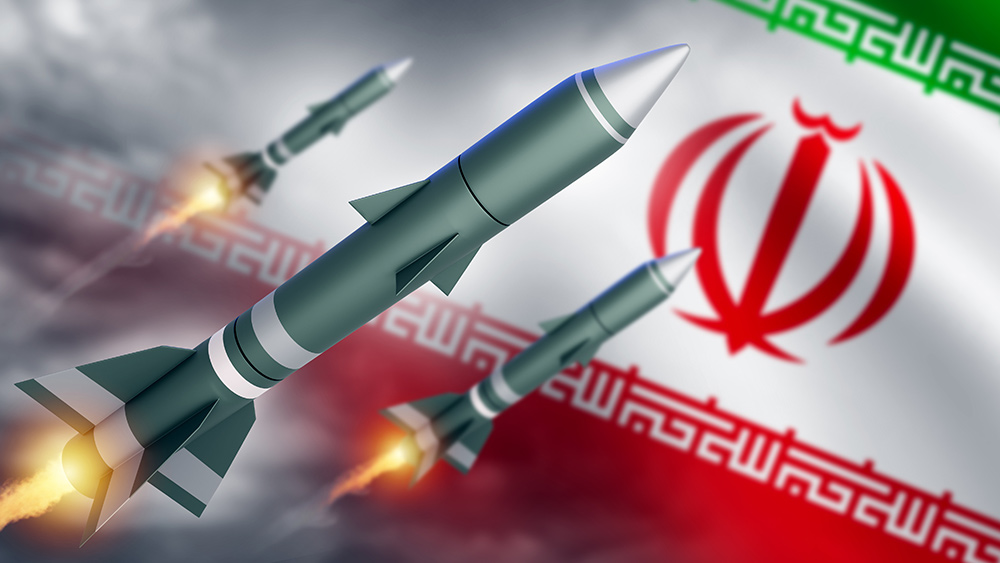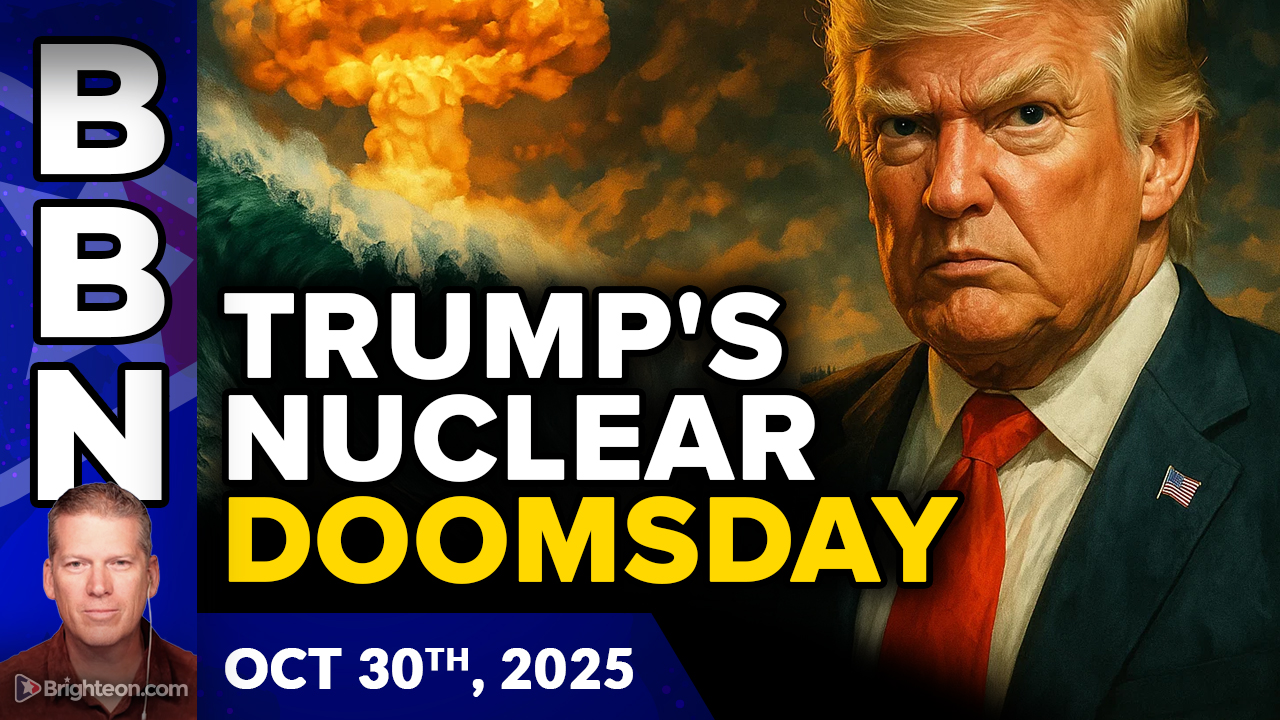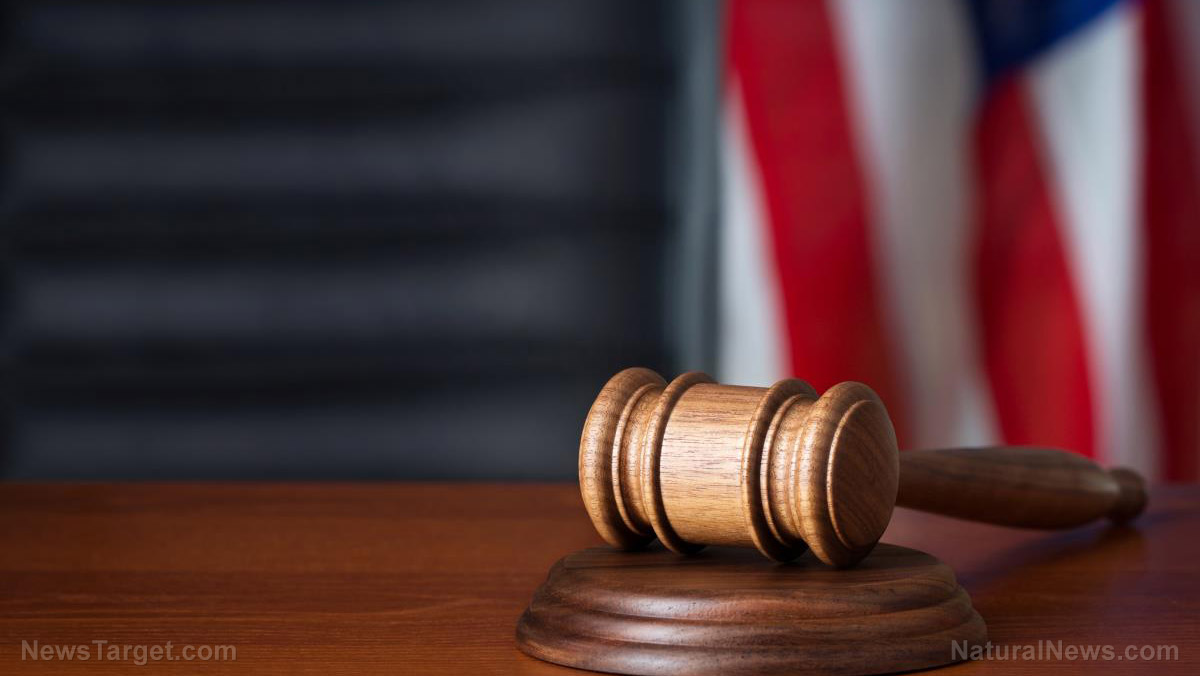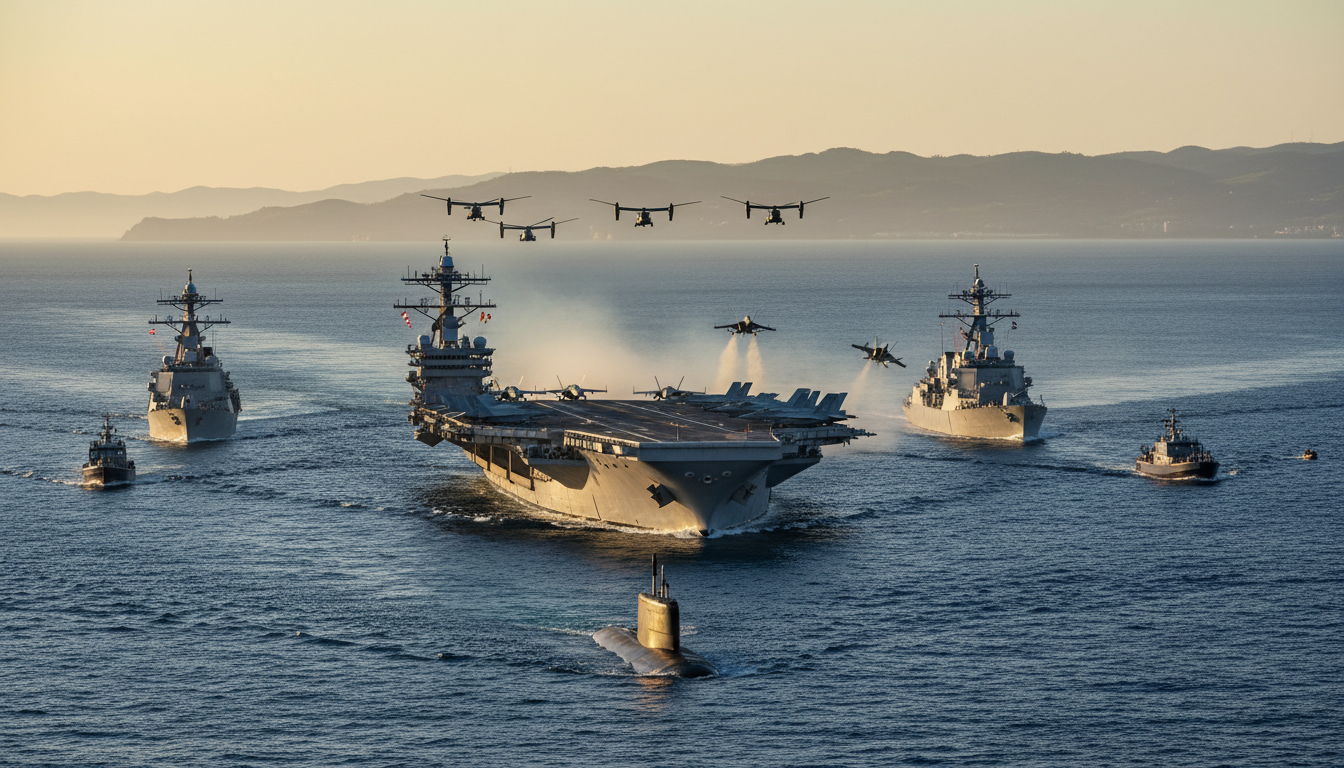 Parler
Parler Gab
Gab
- Iran, Russia and China declared the 2015 Iran nuclear deal (JCPOA) terminated, citing the expiration of UN Security Council Resolution 2231, which endorsed the agreement and its "snapback" sanctions mechanism.
- The three nations condemned France, Germany and the U.K. (E3) for attempting to reimpose sanctions via the "snapback" mechanism, calling it "legally and procedurally flawed," especially after U.S.-Israeli airstrikes targeted Iranian nuclear facilities.
- Iran, Russia and China argue that the E3 lost legal standing to enforce the JCPOA after failing to uphold commitments and not condemning attacks on Iran's nuclear sites. Over 120 Non-Aligned Movement states and 21 "Group of Friends" nations reject the sanctions as invalid.
- With the JCPOA terminated, Iran is no longer bound by its nuclear limits but claims adherence to the Non-Proliferation Treaty (NPT). IAEA monitoring of Iran's nuclear program now lacks a legal basis unless new agreements are reached.
- The collapse of the JCPOA deepens tensions between Iran and the West, with Russia and China backing Tehran. The U.S. and E3 face dwindling leverage, raising concerns over renewed conflict or stalled diplomacy.
Implications for Iran's nuclear program
With the JCPOA officially terminated, Iran is no longer bound by its nuclear restrictions, though Tehran insists it remains committed to the Non-Proliferation Treaty (NPT) and Supreme Leader Ayatollah Khamenei's fatwa prohibiting nuclear weapons. "The provisions of the deal, including the restrictions on the Iranian nuclear program and the related mechanisms, are considered terminated," Iran's Foreign Ministry stated. However, the ministry reiterated openness to diplomacy—though prospects for renewed talks with the U.S. remain bleak, given Washington's hardline stance under both the Trump and Biden administrations. Another critical consequence of Resolution 2231's expiration is the end of mandatory International Atomic Energy Agency (IAEA) reporting on Iran's nuclear activities. Previously, the IAEA submitted quarterly reports on Tehran's compliance with the JCPOA. Now, such oversight will require new agreements. Gharibabadi noted that without Resolution 2231, the IAEA Board of Governors no longer has a legal basis to demand these reports—potentially reducing transparency around Iran's nuclear advancements. The E3's decision to enforce snapback sanctions represents a stark reversal from their previous role as the JCPOA's defenders. After the U.S. withdrew from the deal in 2018 under President Donald Trump, European nations struggled to salvage it, often clashing with Washington's "maximum pressure" campaign. The termination of the JCPOA marks a pivotal moment in Iran's nuclear saga. With Russia and China firmly backing Tehran, and much of the Global South rejecting Western sanctions, the U.S. and E3 face dwindling leverage. As tensions rise, the question remains: Will diplomacy prevail, or will the collapse of the nuclear deal push the region closer to conflict? For now, Iran's message is clear—it will not bend to coercion. Watch the video below about Iran suspending cooperation with IAEA. This video is from the Cynthia's Pursuit of Truth channel on Brighteon.com. Sources include: News.Antiwar.com BrightU.ai MehrNewsAgency.com IranFrontPagenews.com AnadoluAjansi.com Brighteon.comTrump repositions nuclear subs, resumes testing as Russia advances hypersonic missiles, drones
By Finn Heartley // Share
Illinois congressional candidate INDICTED over her role in anti-ICE protests
By Ramon Tomey // Share
Netanyahu orders renewed AIRSTRIKES on Gaza amid ceasefire violation claims
By Kevin Hughes // Share
U.S. militarizes Indo-Pacific: A new front in the China showdown
By Gregory Van Dyke // Share
Trump orders immediate resumption of U.S. nuclear weapons testing
By Cassie B. // Share
Trump pressures Netanyahu to end Gaza War amid rising civilian toll
By Belle Carter // Share
Governments continue to obscure COVID-19 vaccine data amid rising concerns over excess deaths
By patricklewis // Share
Tech giant Microsoft backs EXTINCTION with its support of carbon capture programs
By ramontomeydw // Share
Germany to resume arms exports to Israel despite repeated ceasefire violations
By isabelle // Share










